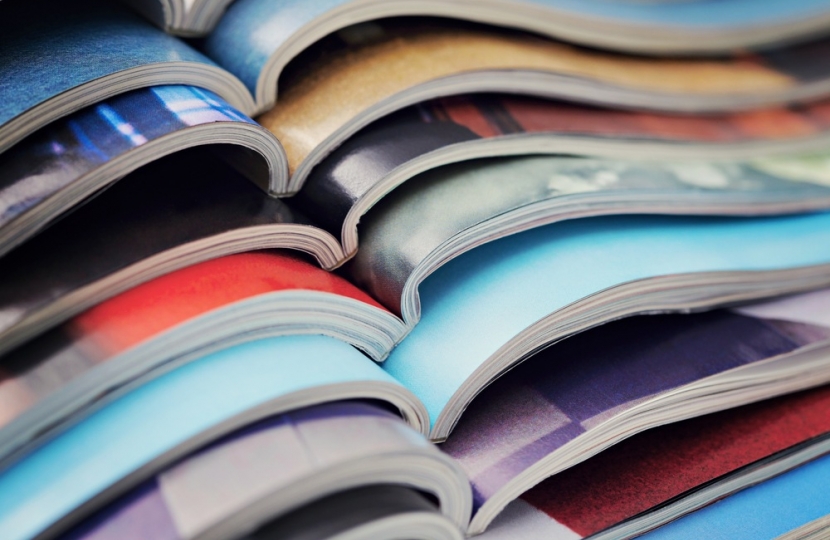
Speech to mark the twentieth anniversary of Asian Affairs magazine and the fifth anniversary of the Democracy Forum
St James’s Court Hotel, 21st January 2015
I am absolutely delighted to be here this evening to mark the twentieth anniversary of Asian Affairs Magazine and the fifth anniversary of The Democracy Forum.
And it is so very right that this great event should be taking place at the beginning of a year when democracy is much on our mind.
Much on our mind because this year is not just the 800th anniversary of the signing of Magna Carta – the earliest touchstone for democracy anywhere in the world and still an inspiration for those striving for freedom – but also the 750th anniversary of the first elected representatives arriving at Westminster for the de Montfort Parliament, an event rightly celebrated yesterday by the BBC’s thoughtful and imaginative Democracy Day.
But democracy is also much on our mind because of the horrific events in Paris only a few days ago, when freedom of speech – something vital to both the institutions we are honouring this evening for their work in promoting peace and democracy – came under attack by the forces of terrorism and savagery. And free speech prevailed.
For both those reasons this dinner is exceptionally well timed. And I would like to take this opportunity to thank all those who have made it possible and put together such an excellent programme. I know how much work goes into making an evening like this such a success.
As someone who has spent most of my working life in the media – and as Chairman today of the Commonwealth Press Union Media Trust – it is a particular pleasure to be able to highlight tonight the extraordinary growth of the media in Asia – a subject often covered in Asian Affairs magazine, the voice of Asia’s emerging powers, and something of huge importance to The Democracy Forum in view of the fundamental role of a free press and free media in a democracy.
The Asian media is now possibly the most developed and dynamic in the world, in many ways outpacing the west and embracing with great expertise and flair the digital and technological revolutions which are transforming news operations across the planet.
Asia’s media is remarkably diverse. It is home to most of the largest circulation newspapers in the world – including the Yomiuri Shimbin Japan, with a circulation of over 14 million, and the largest selling English language newspaper in the world, The Times of India. In China some 2,000 newspapers print over 45 billion copies a year.
At the same time as being a huge print market, Asian countries are also firing the digital revolution – with countries like South Korea blazing a trail in high speed and wireless internet. Last year, there were an estimated 1.4 billion internet users in Asia, and many of them are making full use of social media. China has the world’s highest number of active twitter users, India is the second largest user of Facebook in the world, and in Indonesia over 90% of those who have internet access are on Facebook, too.
In many countries, this remarkable growth in digital media means that many are also taking to blogging – often as a means of speaking out where there are restrictions on media freedom. Malaysia is an excellent example of that.
But as we celebrate the remarkable success of so much media in Asia, we need to remember that there are still real issues with media freedom in many countries – an issue of fundamental human rights that is, I know, of much concern to The Democracy Forum, which works so effectively in partnership with the media to highlight these issues, and to many here.
While some countries like Sri Lanka have been making good progress on this front, in Singapore and Malaysia there remain many restrictions on media freedom, while in Pakistan – where 56 journalists have been killed since 1992 – there is a real issue with the safety of reporters. In Bangladesh, too, many reporters have been the subject of physical attacks while the country also has serious problems with freedom of, and access to, information. In Indonesia’s West Papua province, the work of journalists is handicapped by severe news control policies. In the Reporters Sans Frontieres world press freedom index the first appearance by any Asian country is Taiwan at number 50 and there are thirteen Asian countries in the bottom rankings.
I am under no illusions about how difficult it is to make progress in this area, and I applaud all those who, in the interests of democracy, are striving courageously to do so. But I also have no doubt that in years to come, the phenomenal growth of digital media – which is so much harder to control by law than printed products ever were – will be a force for fundamental change. So despite the many challenges we all face – highlighted so well in the January issue of Asian Affairs magazine with fascinating insights into Syria, North Korea, Afghanistan and many other places – we should all, I believe, start 2015 and this year of anniversaries with hope and cautious optimism.
Ladies and Gentlemen, I thank you for your time in listening to me and I look forward greatly to the rest of the evening.
ENDS
